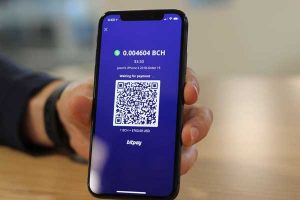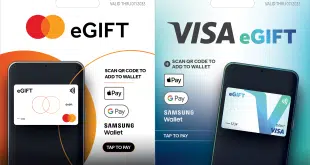Bitcoin is far from a mainstream payment method, but most merchants that accept the cryptocurrency are online sellers. On Monday, the Atlanta-based processor BitPay Inc. announced an update intended to bring Bitcoin and its recently hatched cousin, Bitcoin Cash, to more brick-and-mortar merchants.
BitPay introduced its Checkout app, which works on Android and iOS smart phones and is aimed specifically at physical retailers, in November 2014. Now, the update introduces a redesign of the app and includes a feature called Payment Protocol, which the company says can reduce user errors, such as over- or under-payments, payments sent to the wrong address, or payments sent with an insufficient miner’s fee. The feature works by automatically locking in the correct information for the transaction.

The refreshed app also allows users to pay with Bitcoin Cash, an offshoot of Bitcoin that sprang into existence last summer with a major fork in Bitcoin’s underlying code. In that short time, Bitcoin Cash has become the fourth-largest cryptocurrency in terms of total market value, at $25.2 billion as of Tuesday morning, according to Coinmarketcap.com. Number-one Bitcoin’s market capitalization is $157.9 billion.
The BitPay Checkout app allows users to pay at a participating store or restaurant by scanning a quick-response code at checkout. The merchant receives settlement in its local currency within one business day, BitPay says, less the processor’s 1% fee.
“Many online businesses already accept blockchain payments with BitPay, from giants like Microsoft and Newegg to small gaming marketplaces and Shopify stores,” the company says in a blog post. “But blockchain payments aren’t just for online transactions. We’re working to make them the most powerful way to pay at brick-and-mortar businesses, too.”





